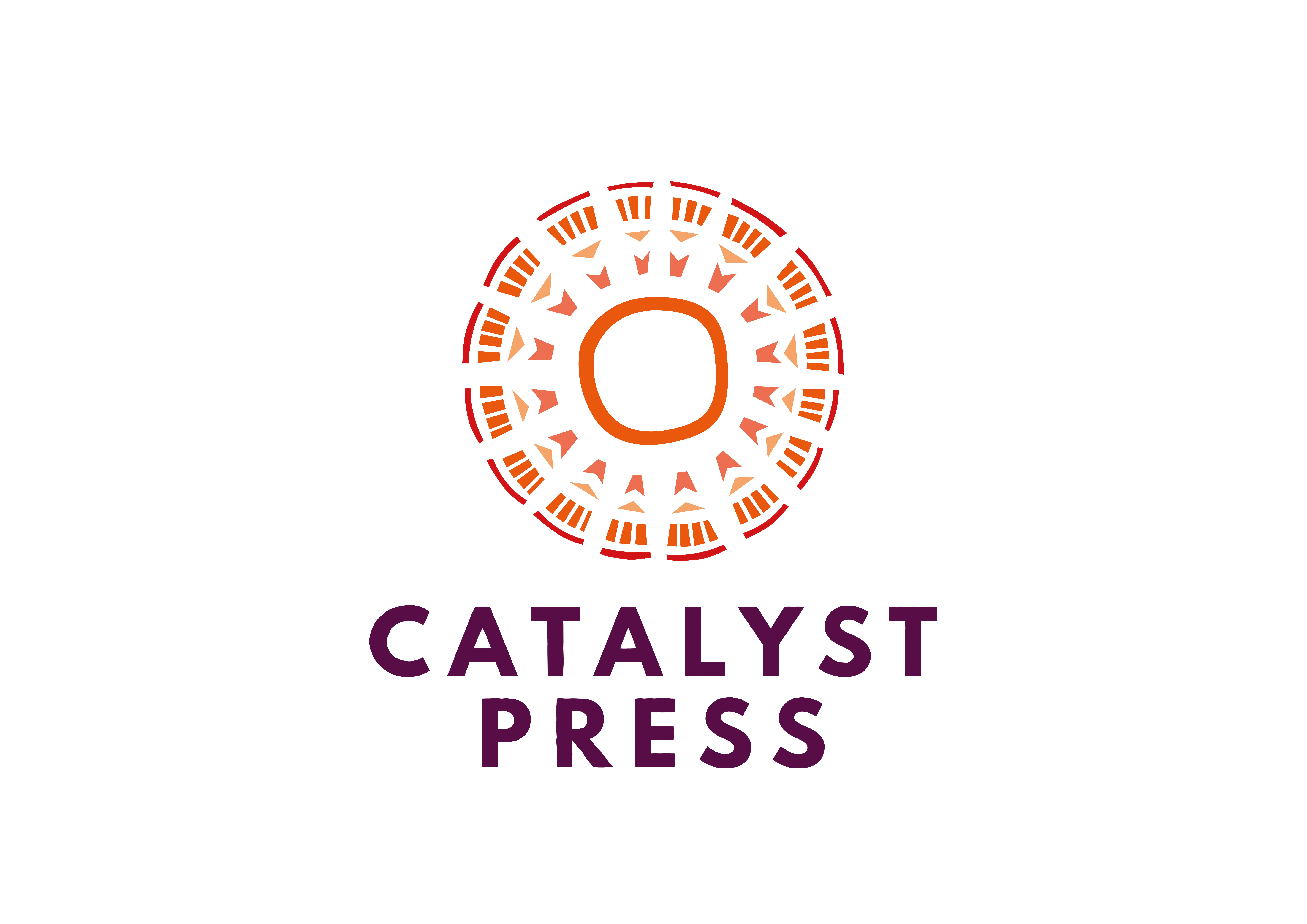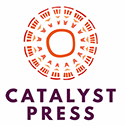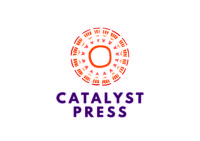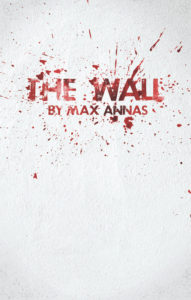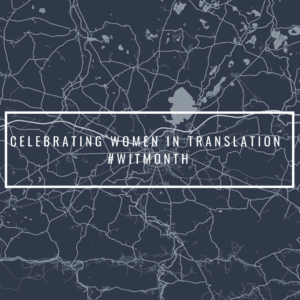Awards abound! The Nobel Prize for Literature was awarded to poet Louise Glück this week. The committee chose Glück, who has also won the Pulitzer prize and the National Book Award, “for her unmistakable poetic voice that with austere beauty makes individual existence universal.” Glück is the first American woman to win the award since Toni Morrison 27 years ago, and only the 16th woman of the 117 winners, overall. New to Glück and want to know where to start with her work? Poet Fiona Sampson writes about Gluck’s work and chooses some of her favorite poems for The Guardian.
In other award news, the MacArthur Foundation announced the 21 recipients of its fellowship, also known as the “Genius Grant.” In addition to an evolutionary geneticist, a property law scholar, and a documentary filmmaker, this year’s grantees also included quite a few names from the literary world: authors, Jacqueline Woodson, Cristina Rivera Garza, Fred Moten, N. K. Jemisin, Tressie McMillan Cottom, and playwright Larissa FastHorse. Learn more about all of the fellows here.
Not an award, but a really big deal nonetheless: Kevin Young, currently cultural director of the New York Public Library’s Schomburg Center and poetry editor of the New Yorker, has been named the director of the National Museum of African American History and Culture. Per the Washington Post, during his time at the Schomburg, “Young created a Black Liberation Reading List with 95 books and coordinated programs. He also brought the Harlem-based archives of Harry Belafonte, James Baldwin, Sonny Rollins, Fred “Fab 5 Freddy” Brathwaite, and Ossie Davis and Ruby Dee to the center as part of “Home to Harlem,” a program that focuses on how artists shaped, and were shaped by, the neighborhood.” Continue reading “This Week in Literary News: Week of October 4”
